No matter what your skin type may be, a moisturizer is a product that everyone should be using. That said, knowing your skin type is still important – the only way to properly choose from the hundreds of different moisturizer options out there is by picking a formula that’s well-suited to your skin. Here’s how…
Identifying Your Skin Type
There are five main skin types out there:
- Oily skin – often looks shiny and greasy, with acne breakouts being common
- Dry skin – rough, flaky, scaly, and sometimes itchy
- Combination skin – a mix of oily and dry. The oiliness usually appears along the t-zone, while the cheeks stay dry
- Sensitive – easily irritated, with redness and discomfort being common
- Normal – skin that’s perfectly balanced without any of the above issues
Oily Skin
One common misconception out there is that those with oily skin don’t need to moisturize. This isn’t true at all – yes, your skin may contain excess amounts of oil, but oil is completely different from water. It’s water that your skin cells need to function in the way that they should, and a moisturizer is the best way to provide them with this.
Of course, with oily skin being so prone to breakouts, you need to pick a moisturizer that will hydrate your skin without clogging your pores. This means looking for a formula that contains a few humectants; lightweight ingredients that draw in moisture from the environment around you. Hyaluronic acid, sodium hyaluronate, and glycerin are popular choices, but everything from aloe vera to honey will also provide humectant properties.
Some moisturizers will state that they’re suitable for oily skin, even when they’re not. The best way to learn the truth is by quickly doing a little research on the product’s ingredient list. Check to ensure that each ingredient used is non-comedogenic, which means that it has been proven to not block the pores.
Dry Skin
Dry skin is always desperate for some extra moisture and will quickly drink this up, often meaning that you’ll need to moisturize multiple times a day. Unlike oily skin types, pore-clogging ingredients won’t be a problem for you. In fact, the richer, thicker, and heavier your moisturizer is, the better it will be at keeping your skin soft, smooth, and supple.
Dry skin can occur due to a variety of factors. As a matter of fact, dry skin is a symptom of certain diseases like STDs and other allergic conditions. Read more about STDs and how dry skin is related here on STDTestGuru.
While humectants are beneficial for dry skin too, plant butters and oils can also be transformative. They contain powerful antioxidants that will help to repair your damaged skin barrier, preventing future dryness. Check out Pierre Michel Beauty for some of the best antioxidant-rich moisturizers on the market, with a selection to suit every budget.
When using a moisturizer for dry skin, try applying it while your skin is still damp. This way, your moisturizer will trap in all of those extra water molecules that are sitting on the surface of your skin, preventing them from evaporating away. This then gives the skin a double dose of hydration!
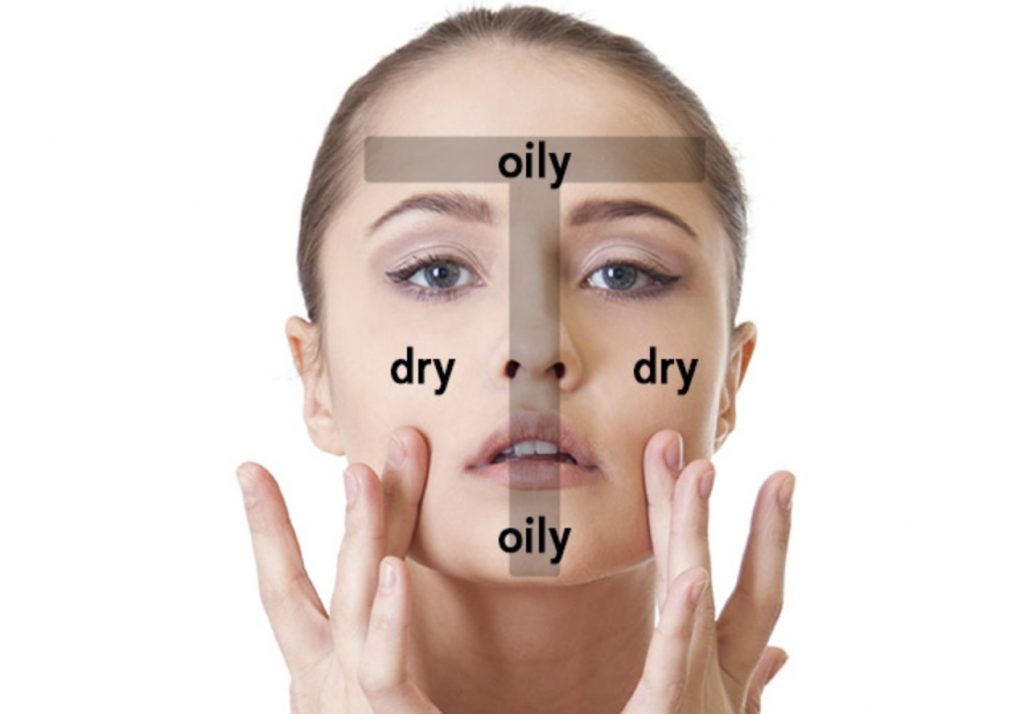
Combination Skin
Having to deal with both oily and dry skin problems isn’t easy, which is why caring for combination skin can be tricky. Moisturizers that are designed for oily skin can be used all over your face, but you may find that these just aren’t enough for your dry patches.
This makes it useful to also have a richer moisturizer to hand. Use this as a spot treatment on any dry areas of skin, while keeping it well away from oily areas.
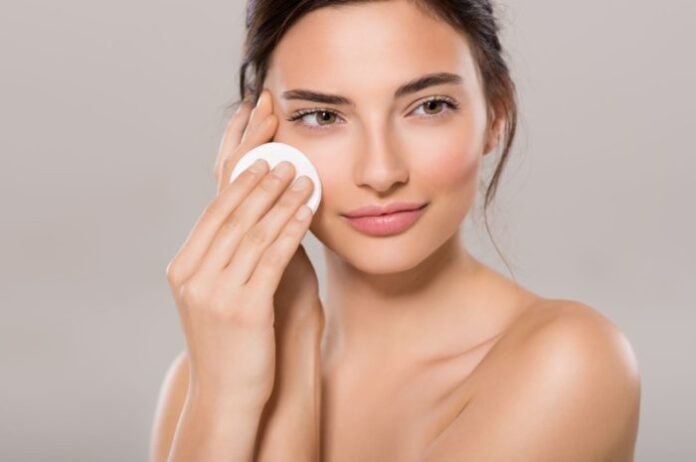
Sensitive Skin
Using a product that’s too strong for sensitive skin will only lead to redness and irritation, making it important to go for a gentle and mild formula. This means a moisturizer that contains as few ingredients as possible. The more ingredients that you use, the more chance there is that your skin will react.
There are also certain ingredients out there that those with sensitive skin should avoid. These include:
- Fragrances
- Essential oils
- Mineral oil
- Alcohols
- Sodium lauryl sulfate
- Parabens (although these should be avoided by everyone!)
If you’re prone to allergic reactions, then looking for a hypoallergenic formula would also be beneficial. Don’t forget to perform a patch test on your skin before using any new products on your face for the first time.
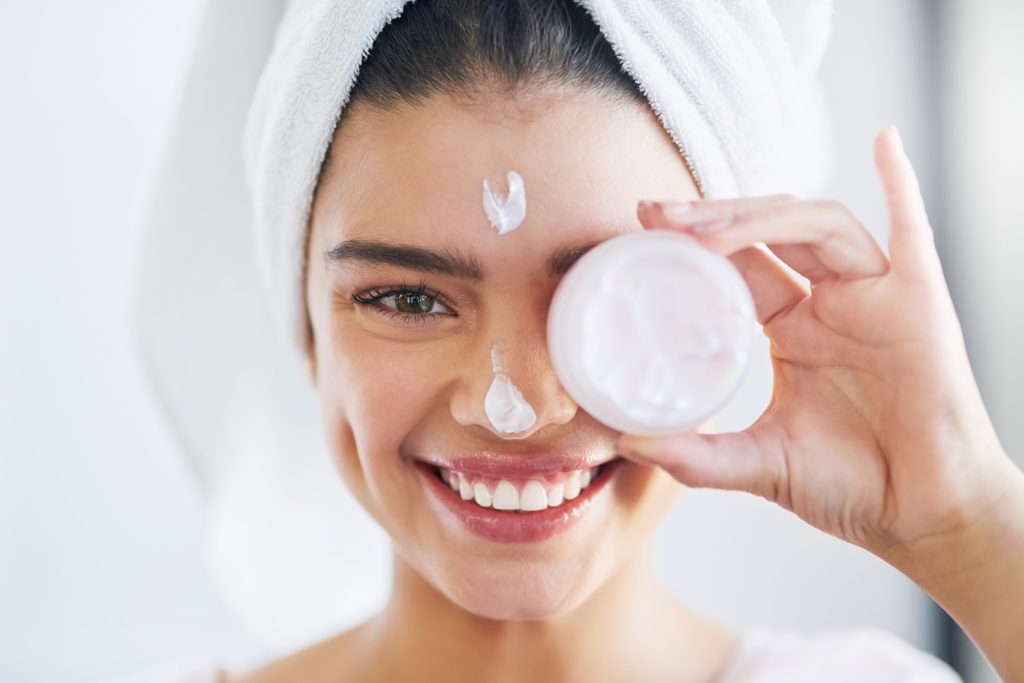
Normal Skin
There are a few lucky people out there that have perfectly balanced skin. This means that they can use just about any moisturizer that they want, without having to worry about their skin reacting in any way.
However, don’t get too complacent. Your skin type won’t remain the same throughout your life. Everything from fluctuating hormones to the aging process will mean that your skin type regularly changes. So, while you may have your choice of products now, keep a close eye over your skin to make sure that your chosen moisturizer continues to be suitable in the future.
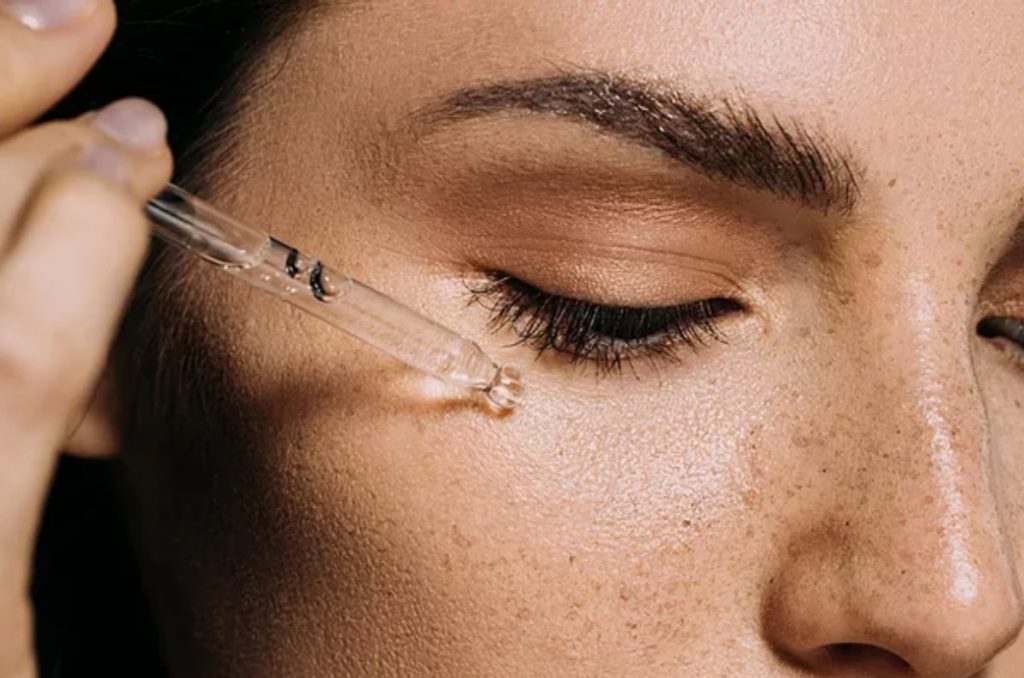
Targeting Specific Skin Concerns
While finding a moisturizer formula that matches your skin type should be your primary goal, let’s not forget about all of those other skin concerns that you’re hoping to deal with too. No matter the skin type it’s designed for, a good moisturizer should also contain a few extra ingredients that enable it to treat specific skin issues.
Here are a few examples:
- Fine lines and wrinkles – look for ingredients such as retinol, ceramides, peptides, and antioxidants
- Dark spots and hyperpigmentation – your moisturizer should contain plenty of brightening ingredients, such as vitamin C and kojic acid
- Acne – a moisturizer that contains an AHA or a BHA, such as glycolic acid or salicylic acid, will not only moisturize, but it’ll unclog your pores too
Everyone Needs a Good Moisturizer
A moisturizer not only delivers a dose of moisture to the skin, but also nourishes the skin with other nutrients while strengthening and thickening the skin’s natural protective barrier. It really is an essential product to have.
However, a moisturizer that isn’t suitable for your skin type simply won’t work in the way that it should, leaving your skin vulnerable. Taking the time to learn exactly what your skin type needs will allow you to make the best decision, resulting in skin that looks soft, smooth, and vibrant in the long run.



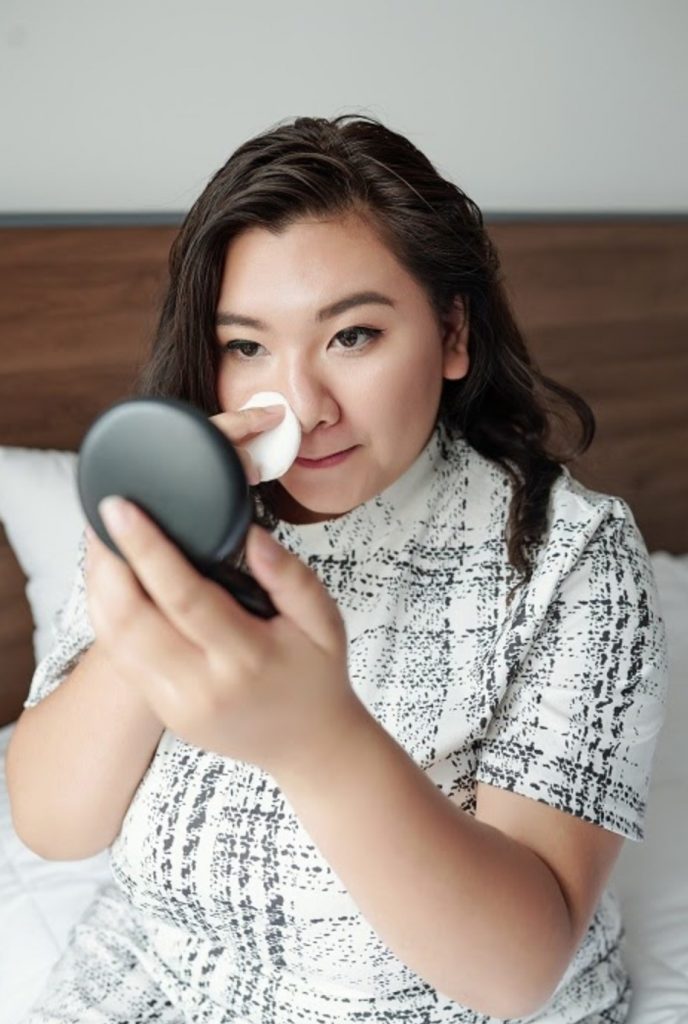




![Calgary’s Hottest Neighborhoods for Luxury Homebuyers [2024]](https://thewashingtonote.com/wp-content/uploads/2024/04/Calgary-324x160.png)



